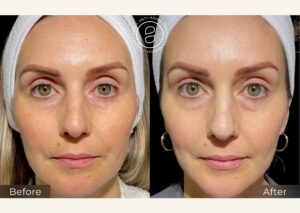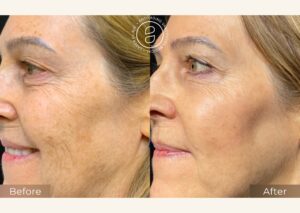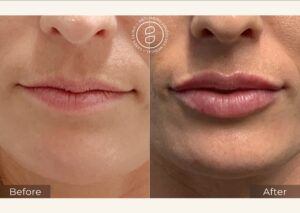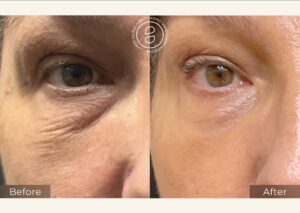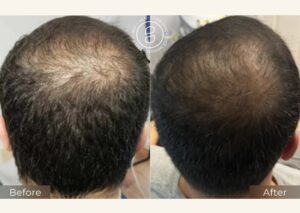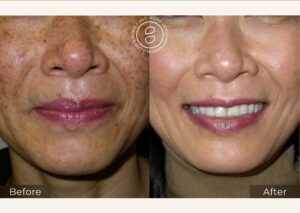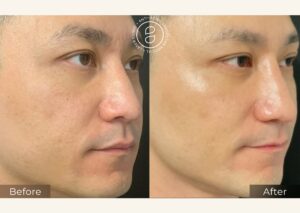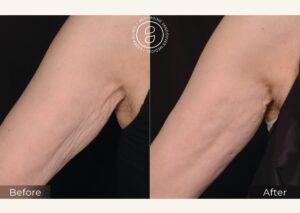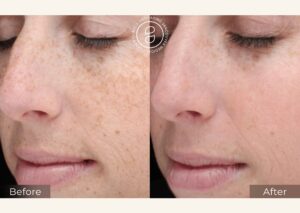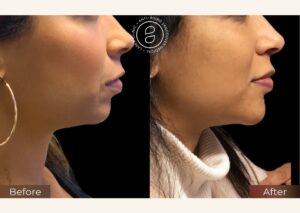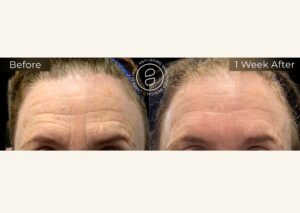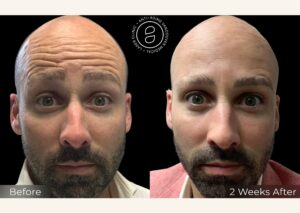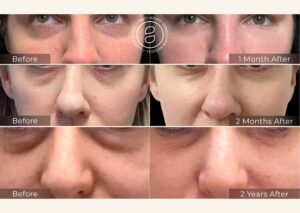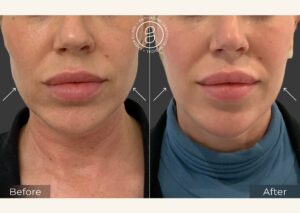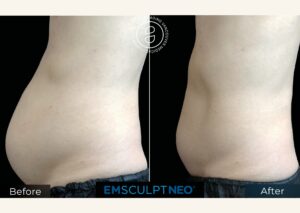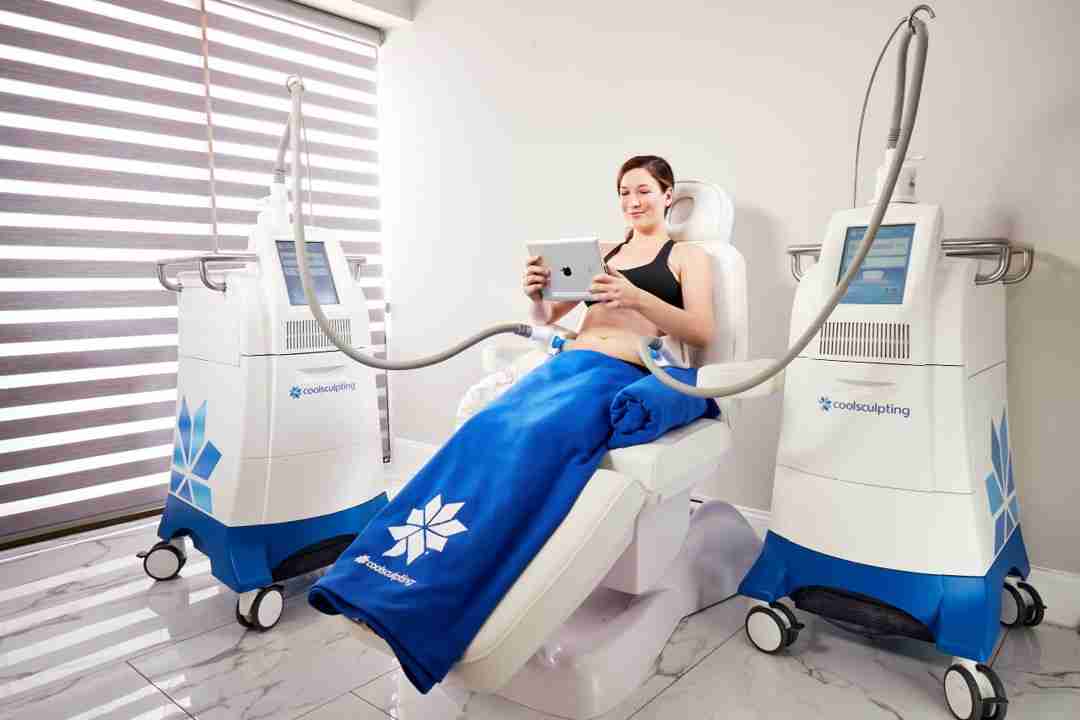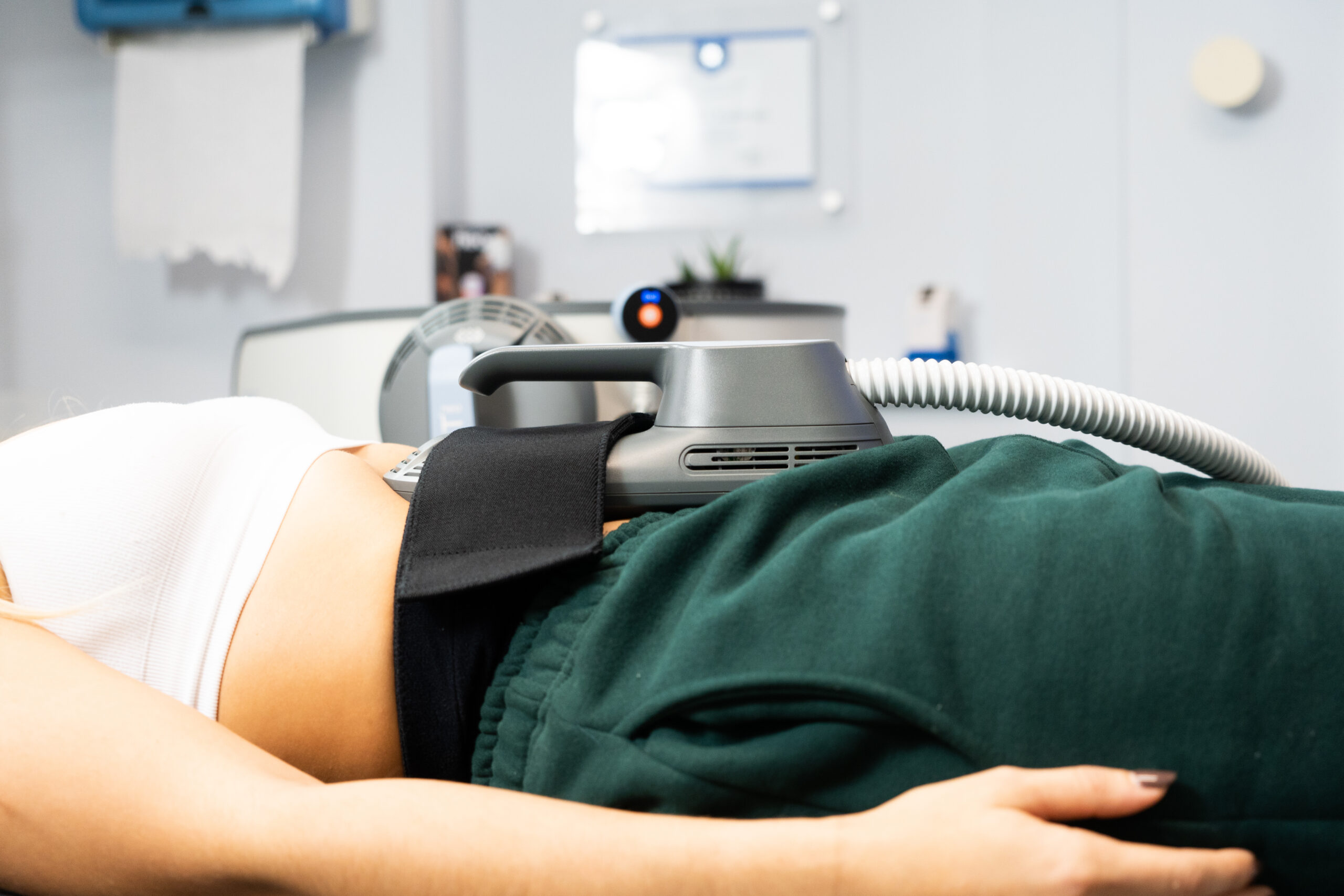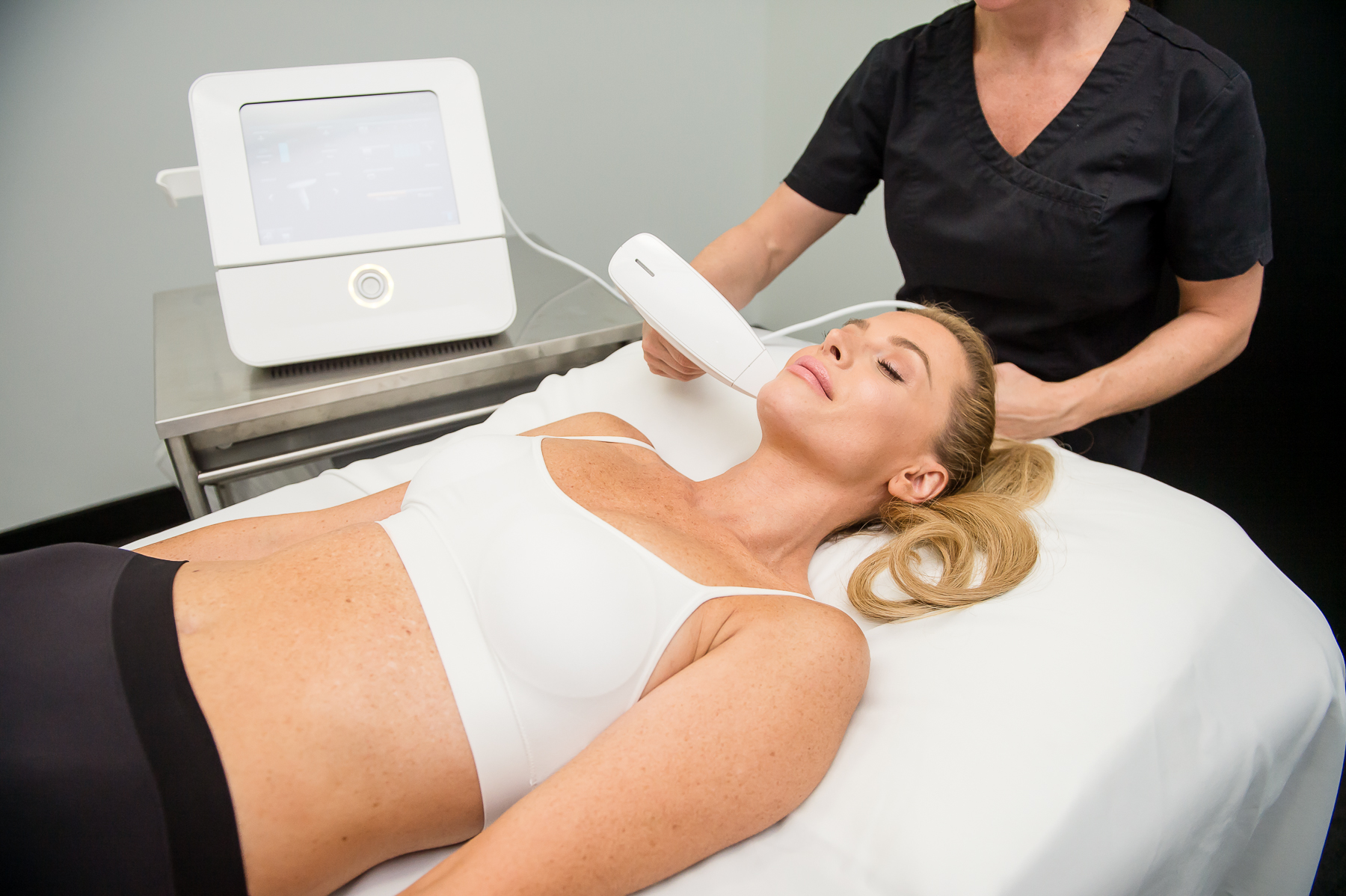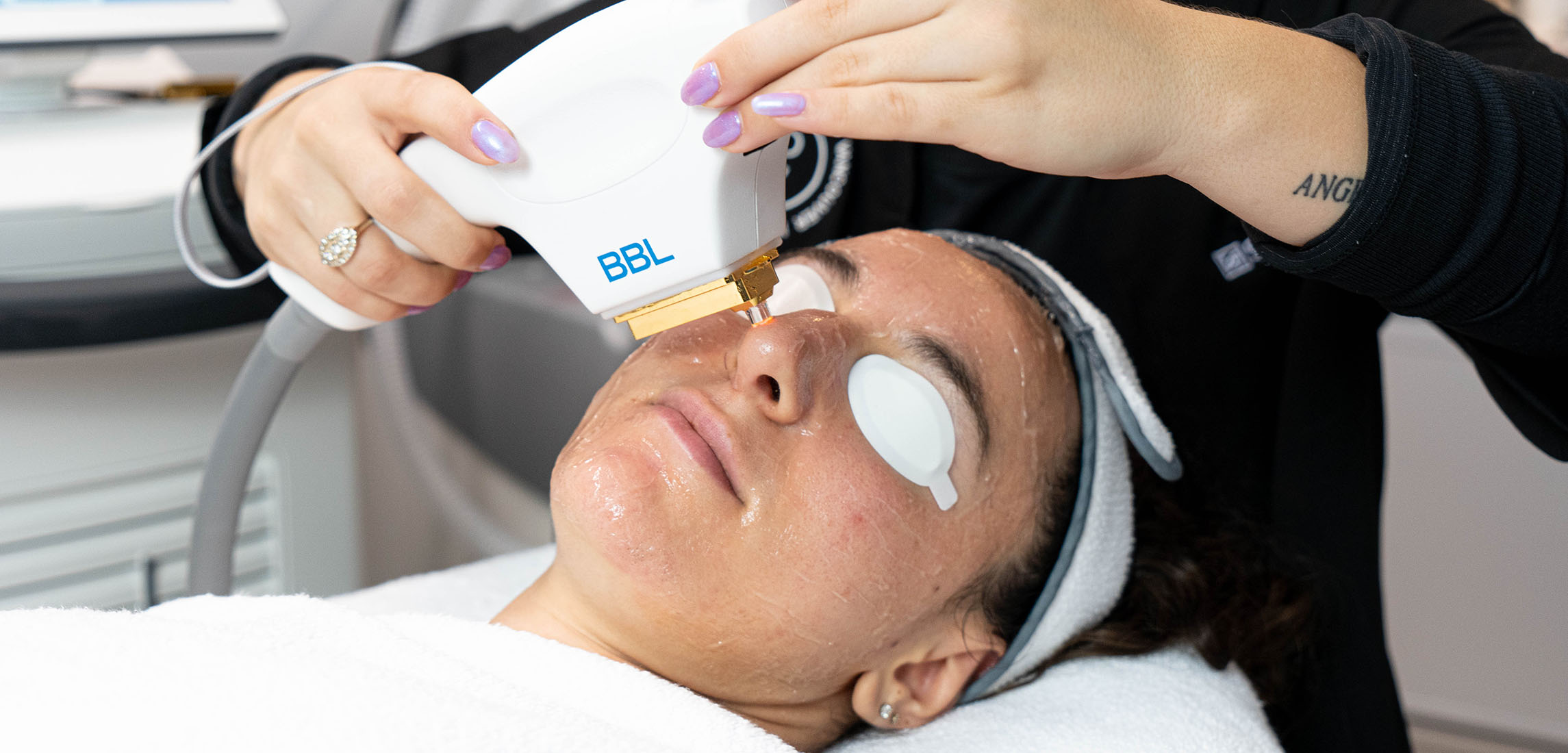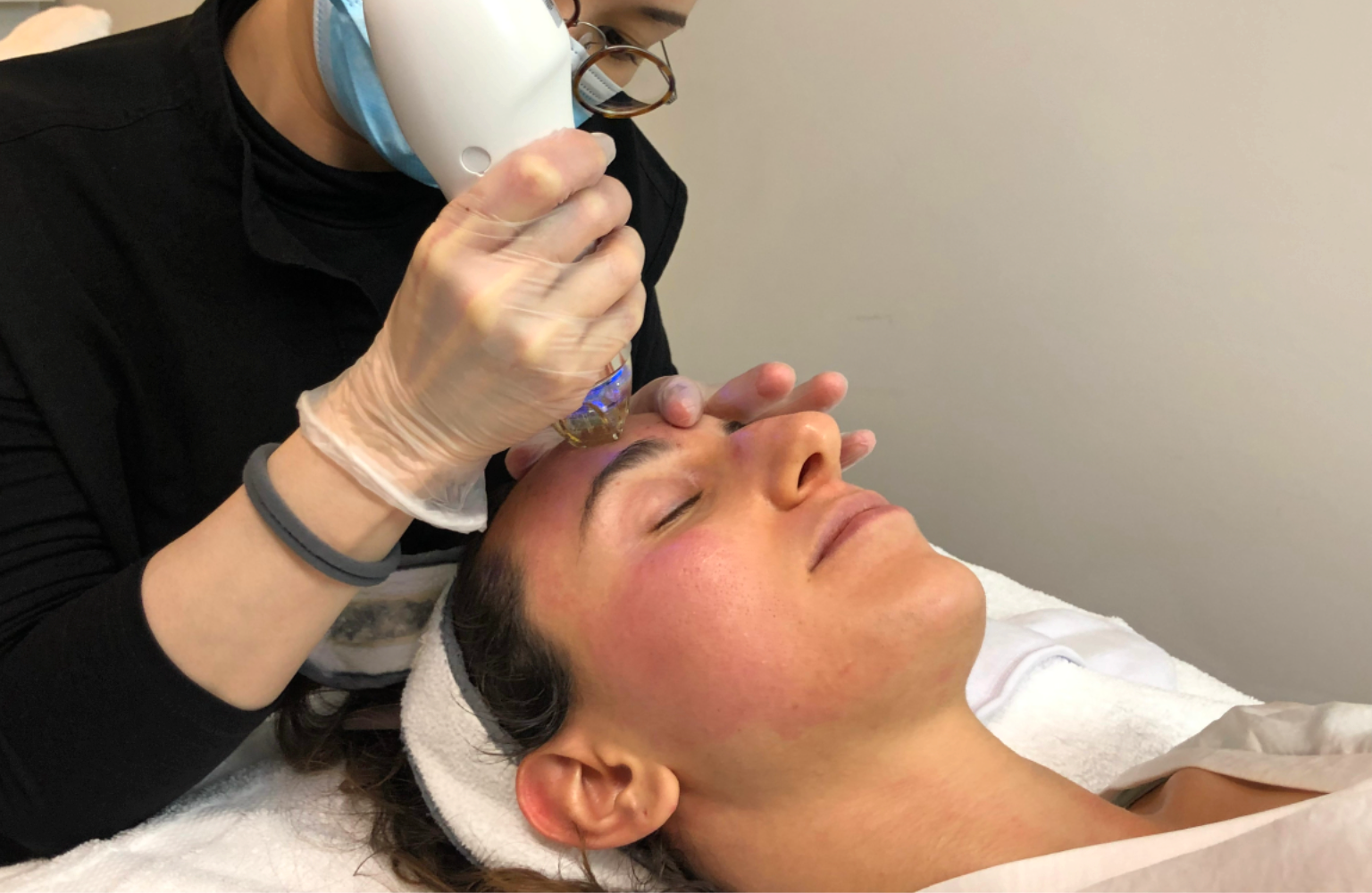Sleep Apnea – Do you have it?
If you have ever experienced that highly attractive gasping snort emanating from your mouth which wakes you up briefly in your sleep, then it’s possible that you might suffer from sleep apnea.
It’s a fairly common disorder where you have pauses in your breathing that can last from a few seconds to a few minutes and may even occur 30 times or more an hour. It can move you out of deep sleep into light sleep throughout the night which you can imagine, could be a reason why you’re so tired in the daytime.
If you are sleeping alone and don’t have a partner to pound you to start you breathing again and tell you how annoying that whole process was in the night, here are some other possible symptoms to ponder:
- High blood pressure
- Morning headaches
- Poor judgment or concentration
- Gasping or choking during sleep
There are some risks if it goes untreated:
- Heart problems
- Obesity
- Diabetes
- Stroke
- High blood pressure
The most common type of sleep apnea is obstructive sleep apnea. In this condition, the airway collapses or becomes blocked during sleep. This causes shallow breathing or breathing pauses.
When you try to breathe, any air that squeezes past the blockage can cause loud snoring. Obstructive sleep apnea is more common in people who are overweight, but it can affect anyone.
What to do about it:
If you are concerned that this might be happening to you, you need to talk to a doctor who will assess whether you should go for further testing. You may be referred to a sleep clinic who would give you an overnight pulse oximetry machine to screen you in your sleep. Afterward, you may be prescribed a therapy to help you or you may need a more thorough, overnight testing at a sleep clinic.
The most effective treatment is a CPAP machine which delivers air pressure through a mask while you are sleeping which applies just enough pressure to the walls of your airways to keep them open so you can breathe normally and sleep well.
Other steps you can take to help are weight loss (why is it always that one?!), avoiding alcohol and stop smoking.
So if any of this is ringing bells for you, contact us for a private medical evaluation or your GP to start the process.

